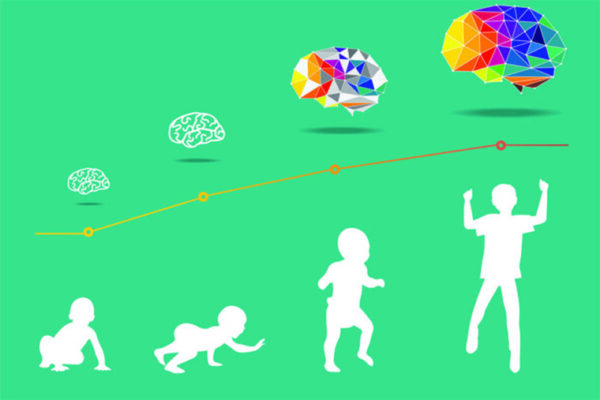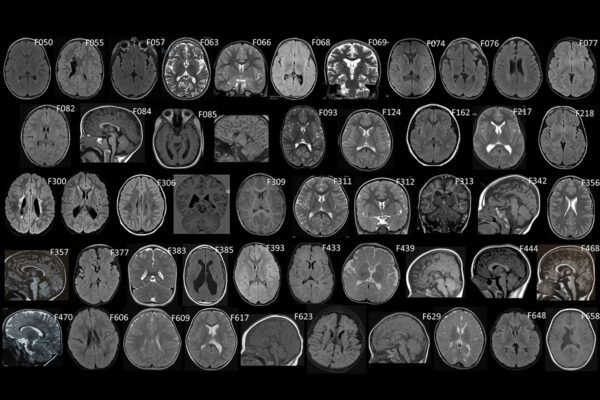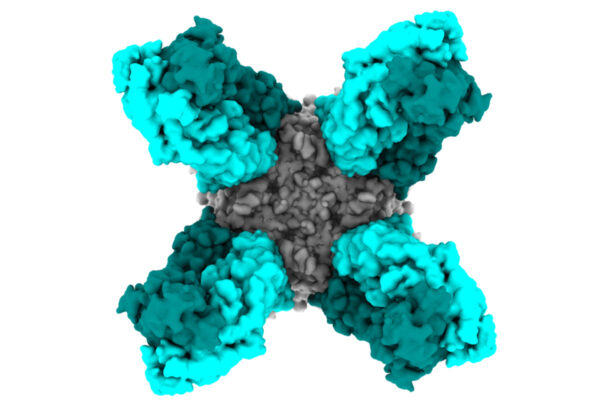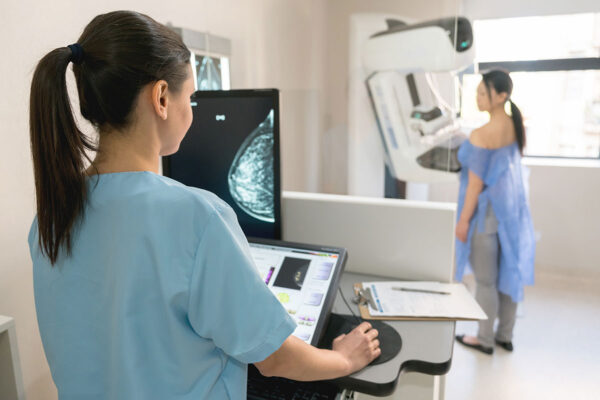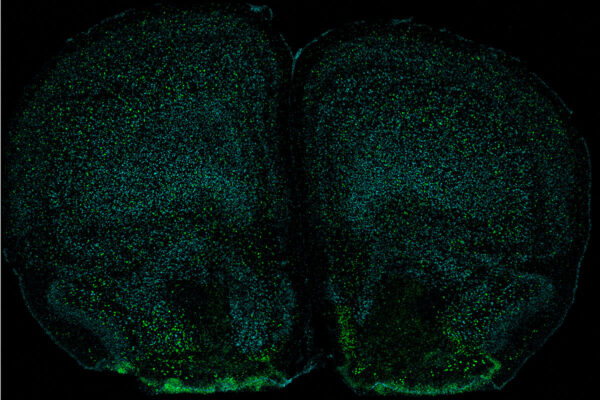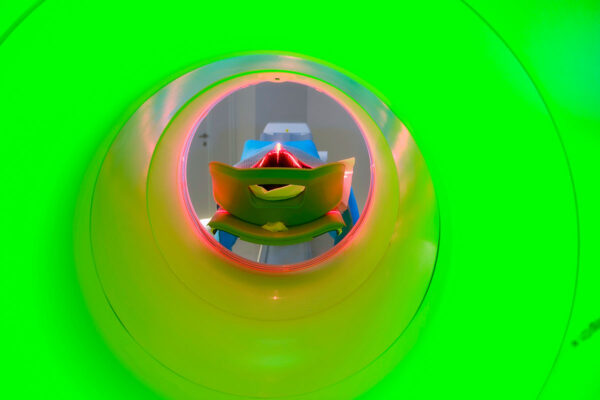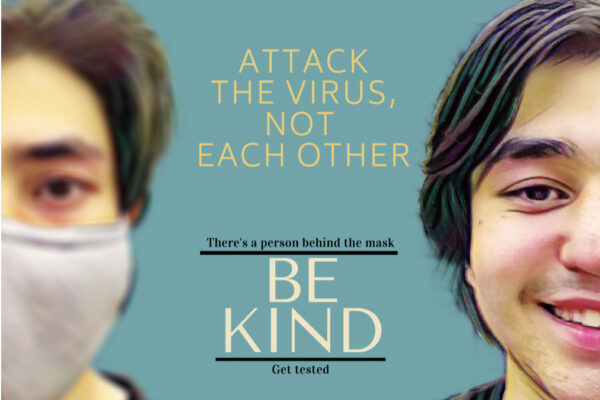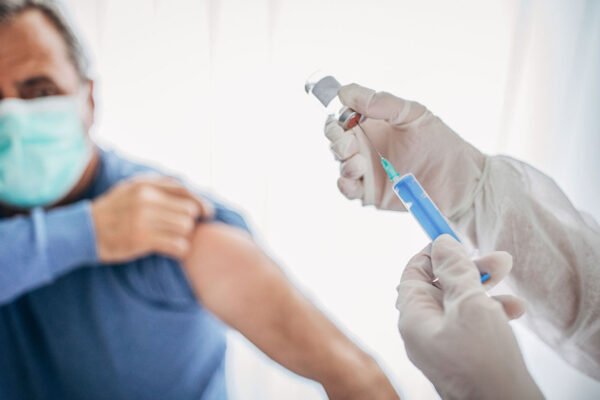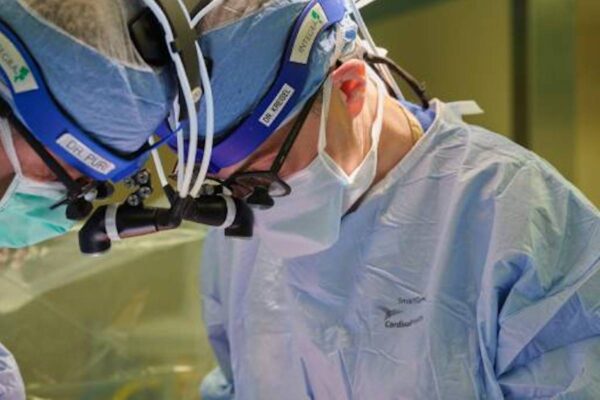Basis of developmental disabilities focus of $11.3 million in grants
School of Medicine researchers have received renewed National Institutes of Health (NIH) funding for the Intellectual and Developmental Disabilities Research Center. The center’s researchers study genetic and environmental factors that contribute to developmental disabilities.
Cerebral palsy also has genetic underpinnings
Researchers at Washington University School of Medicine in St. Louis and their colleagues at other institutions have identified mutations in single genes that can be responsible for at least some cases of cerebral palsy.
Antibodies protect against wide range of influenza B virus strains
Researchers have identified two antibodies that protect mice against lethal infections of influenza B virus. Together with an antibody that targets influenza A, the antibodies potentially could contribute to a drug to treat almost all flu cases.
Cancer centers to address pandemic’s impact on cancer prevention, treatment
A consortium of 17 U.S. cancer centers, including Siteman Cancer Center at Barnes-Jewish Hospital and Washington University School of Medicine, are working together to better understand the consequences of the COVID-19 pandemic in delaying cancer detection, care and prevention.
Immune system affects mind and body, study indicates
School of Medicine researchers have discovered that a molecule produced by the immune system acts on the brain to change the behavior of mice. The findings help illuminate a surprising mind-body connection.
Older people with early, asymptomatic Alzheimer’s at risk of falls
Older people without cognitive problems who experience a fall may have undetected neurodegeneration in their brains that puts them at high risk of developing Alzheimer’s dementia, according to a study from Washington University School of Medicine.
Imaging agent developed at Washington University spotlights inflammation
School of Medicine scientists have created a PET imaging agent that detects signs of inflammation. Such a tracer could aid diagnosis and study of diseases ranging from cardiovascular disease to cancer to COVID-19.
COVID-19 course moved beyond the science to explore virus’s impact on society
More than 1,200 students enrolled in “The Pandemic: Science and Society,” an online two-credit course featuring experts from across disciplines and across the country. The entire university may benefit from the lessons learned.
Global trial to test whether MMR vaccine protects front-line health-care workers against COVID-19
Washington University School of Medicine in St. Louis is the clinical coordinating center for an international trial aimed at evaluating on a large scale whether the MMR vaccine can protect front-line health-care workers against COVID-19.
$10 million in grants aimed at preventing organ rejection after transplantation
Transplant surgeons and researchers at Washington University School of Medicine in St. Louis have received two grants totaling $10 million from the National Institutes of Health (NIH) to study how immune cells contribute to organ rejection, with the aim of improving the viability of organs after transplant.
Older Stories
